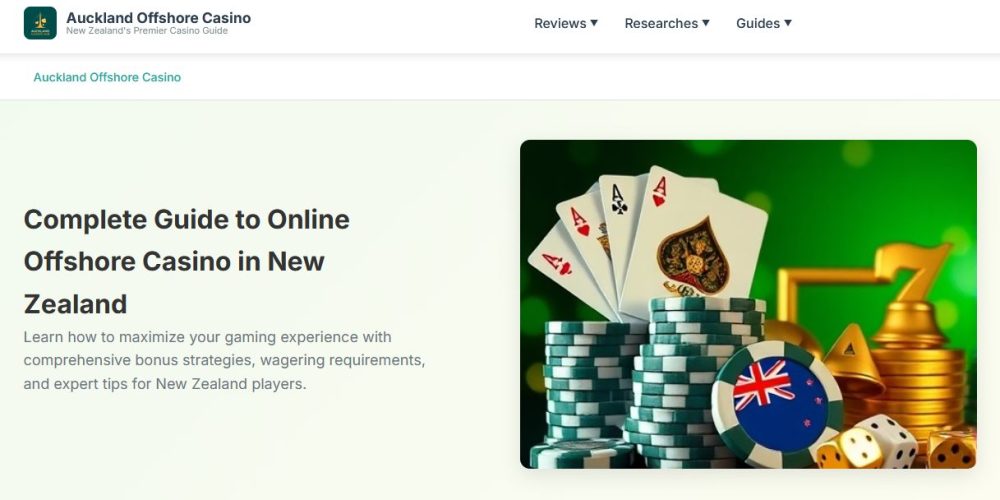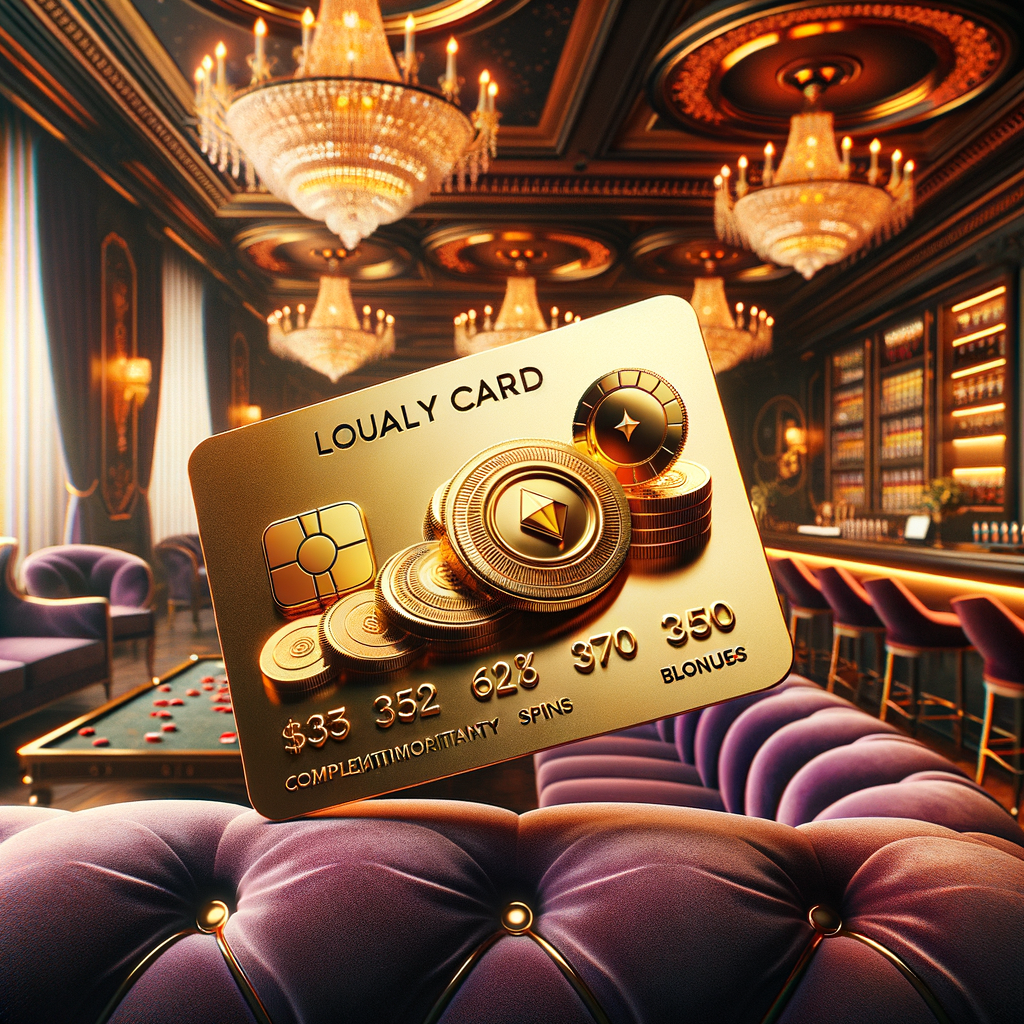“Offshore” is one of those words people throw around without unpacking what it means for your bankroll, your security, and your overall experience. If you live in or visit Auckland and you’re exploring online play, understanding the offshore casino landscape is the difference between a smooth, entertaining session and a hassle you didn’t sign up for. This guide breaks down the essentials—licensing, payments, game fairness, and practical risk controls—so you can navigate offshore options like a pro.
What Does “Offshore” Actually Mean?
In online gaming, “offshore” describes operators licensed outside your country but legally allowed to accept players from many regions. For New Zealand players, these sites are typically regulated by jurisdictions known for iGaming frameworks (e.g., Malta, Isle of Man, Gibraltar, Curaçao). The quality bar varies widely—that’s why curation and due diligence matter. A trusted directory or review hub that focuses on Auckland audiences—such as Auckland Offshore casino—can help you separate credible brands from fly-by-night clones.
Offshore vs. Onshore: What’s the Real Difference for Players?
Think of “onshore” as locally regulated, with rules crafted for your market, and “offshore” as internationally regulated, with rules tailored to global standards. Neither is automatically better; it’s about specific protections, payout practices, and the way an operator treats customers.
| Key Factor | Onshore (Local Venues/Brands) | Offshore (Internationally Licensed) |
|---|---|---|
| Regulatory Scope | Aligned to local consumer law and market rules | Aligned to international iGaming codes; varies by licensor |
| Game Library | Usually curated for the home market | Often broader: more studios, live tables, niche titles |
| Payments | Local banking and cards favored | Wide range: cards, e-wallets, bank transfer, sometimes crypto |
| Promotions | Conservative, tightly controlled | Competitive bonuses; read terms and wagering carefully |
| Dispute Paths | Local regulators and courts | Regulator/ADR in licensing country; quality varies |
How to Vet an Offshore Casino (Fast, Practical Checklist)
You don’t need a law degree to evaluate offshore sites—just a repeatable process:
- Licensing & Company: Confirm the licensor (e.g., MGA, Isle of Man). Look for a real company name, physical address, and responsible-gaming page with actual tools (not just slogans).
- Payments & Payouts: Check deposit/withdraw limits, processing windows, and verification steps. A strong site discloses payout timeframes and keeps fees predictable.
- Game Provenance: Scan for recognized studios (e.g., Evolution, Pragmatic Play, Play’n GO) and note the presence of audited RNGs and return-to-player (RTP) info.
- Terms with Teeth: Read bonus rules before you opt in—wagering, contribution rates, max bet with bonus, time limits, and any country/game restrictions.
- Support Reality Check: Ping live chat with a specific question (withdrawal docs, table limits, or live-dealer rules). Speed + clarity tell you a lot about how disputes will go.
Bankroll Discipline That Works Offshore
Offshore sites often have big libraries and frequent promos—great for variety, risky for impulse. Put rails on your play before you log in:
- Session caps: Decide your maximum daily loss and a “quit while ahead” number.
- Unit sizing: Keep single wagers to a small fraction of your total bankroll. Slow, consistent sizing beats boom-and-bust sessions.
- Bonus selectivity: Only take offers that match your usual stake size and game type. If a bonus forces you to play in ways you don’t enjoy, skip it.
- Cooling-off rules: If you tilt after a bad beat or a cold streak, stop immediately and set a time-out.
Game Selection: Where Skill and Structure Matter
Not all casino games are equal from a risk and control perspective. Here’s how to choose smartly:
- Blackjack & Video Poker: With basic strategy, these can offer solid RTP; verify paytables to avoid watered-down variants.
- Live Dealer Tables: Great for pace control and transparency; check table limits and side-bet rules.
- Slots: Look for published RTP and volatility notes. High-volatility titles can be thrilling but require stricter stop-loss rules.
- Table Game Hybrids: Learn the rules first—house edges can vary more than you think.
Payments: Keep It Simple, Keep It Traceable
Choose payment rails you can monitor. E-wallets are popular for speed; bank transfers are familiar and traceable. If you use cards, be aware of your bank’s policies on gambling transactions. Don’t spread deposits across too many methods—consolidated records help in case of a verification request.
Reality Check on “Offshore Risks”
Risks are real—but they’re manageable with good selection and documentation. Stick to operators with a credible license, consistent support, and transparent terms. Keep copies of KYC docs, payout confirmations, and chat transcripts. If a rule is unclear, ask before you wager. The time you spend clarifying terms is a fraction of the time you’ll save avoiding disputes.
Quick FAQ
Is offshore play legal for Auckland players?
Legality depends on where the operator is licensed and how local rules apply to players. Many Aucklanders choose internationally licensed sites; the onus is on selecting reputable operators and following local guidance.
Are offshore casinos safe?
They can be. Safety hinges on licensing quality, fair-game audits, payment transparency, and responsive support. Treat unknown sites with caution and verify details first.
What about responsible gaming tools?
Look for deposit limits, loss limits, cool-offs, and self-exclusion. Good sites make these tools easy to find and activate.
Bottom Line
Offshore casinos can offer Auckland players breadth—more games, more payment options, and competitive promos—if you pick carefully. Start with a reputable directory tailored to local needs, confirm licensing, and set solid bankroll rules. Keep the fun in focus, and let your process—not impulse—drive your play.



